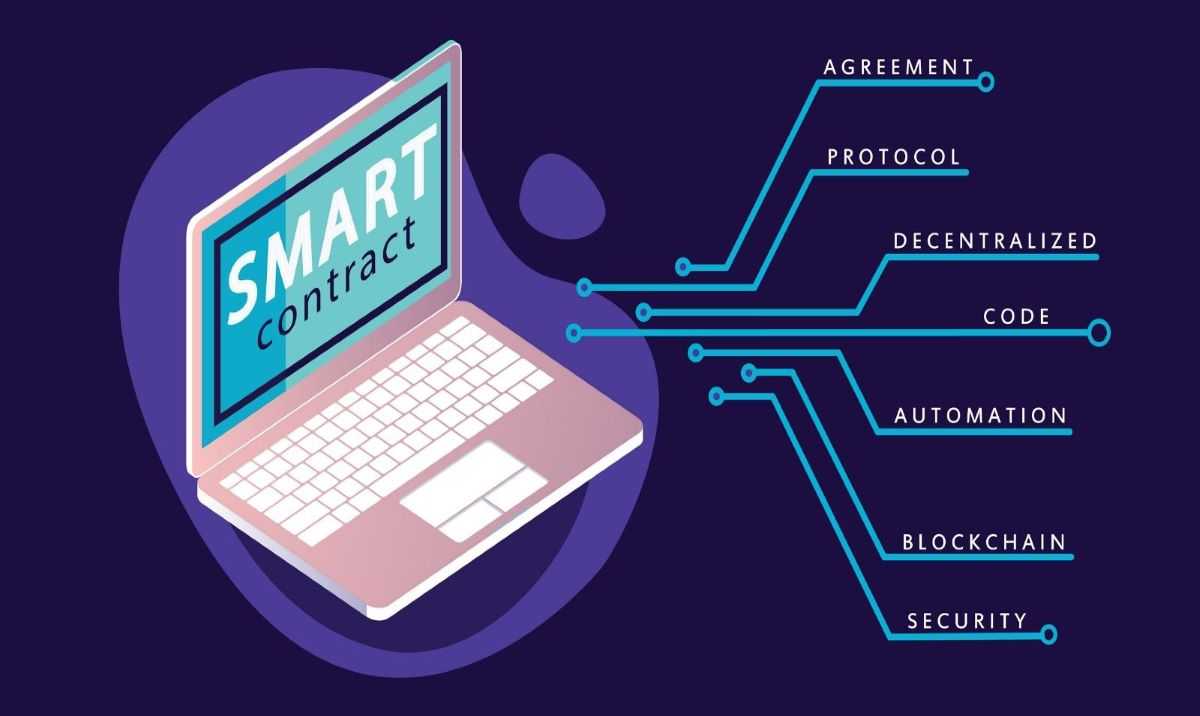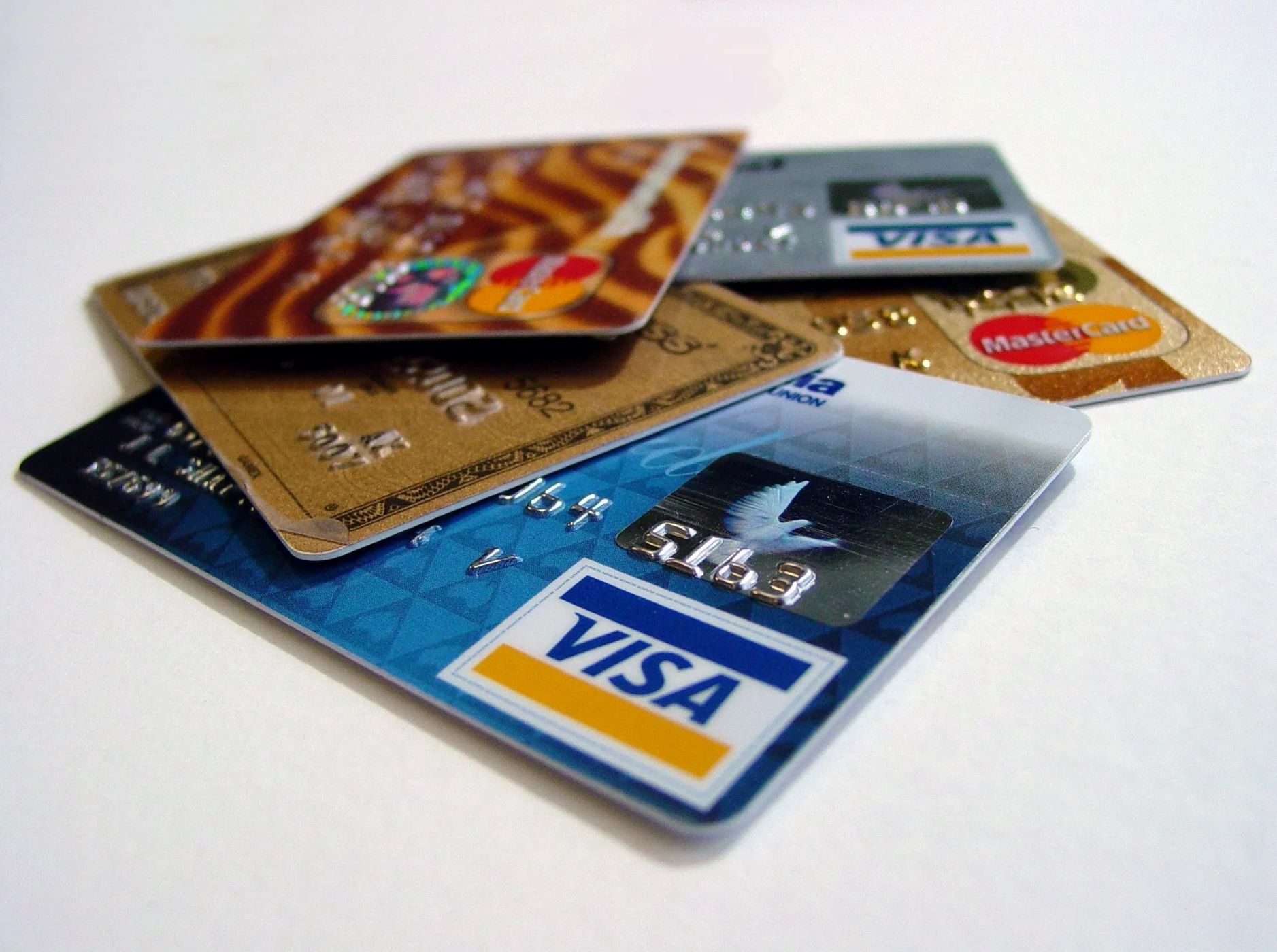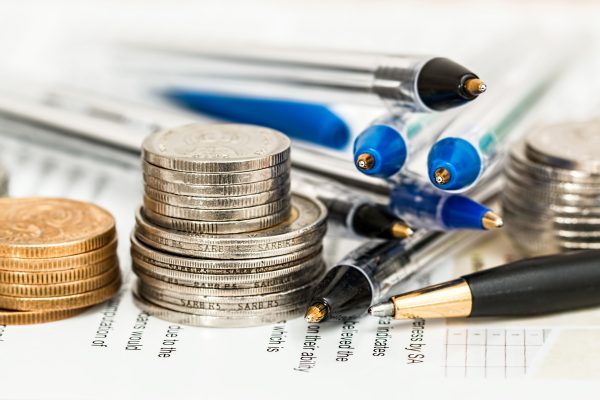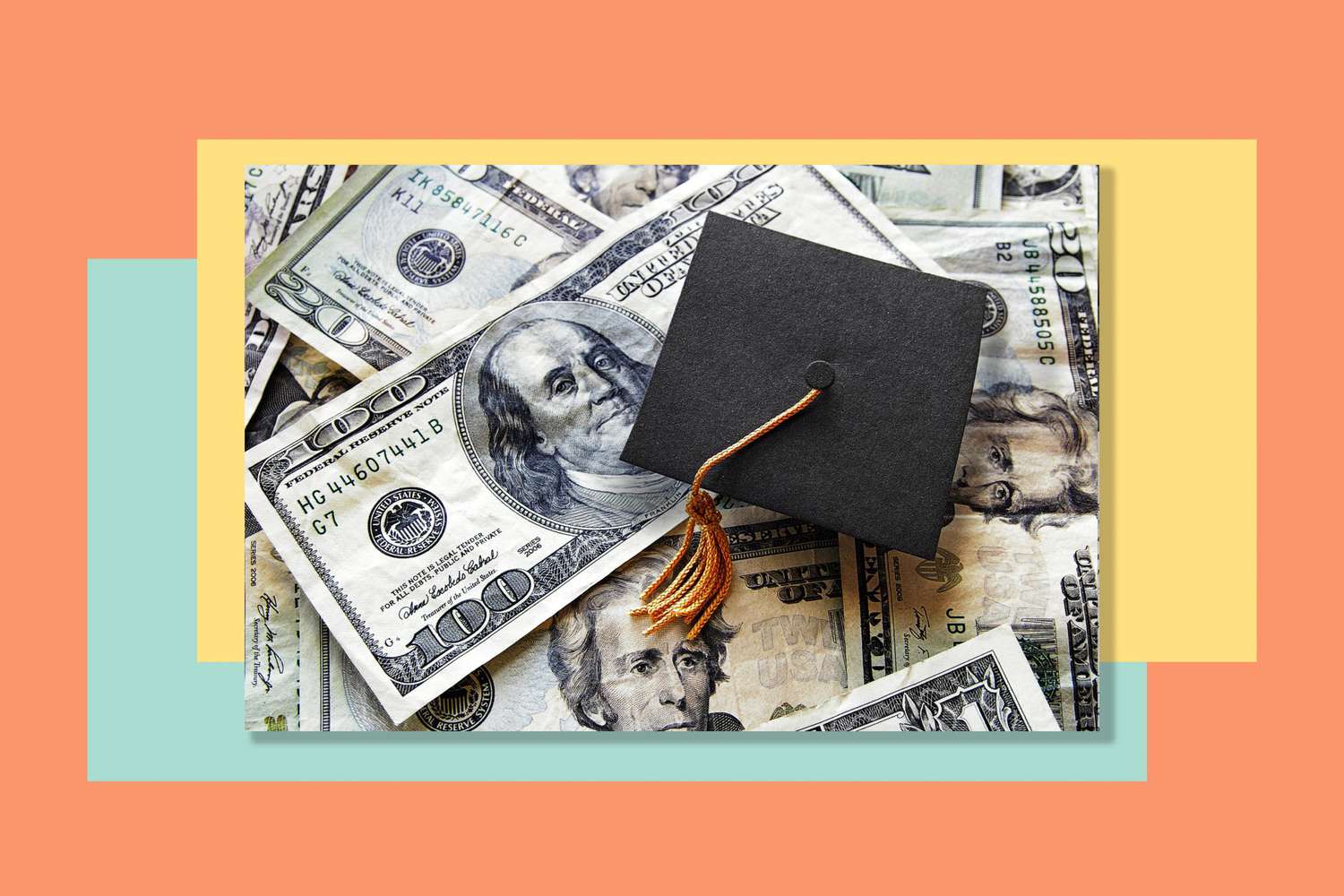

Finance
10 Smart Ways To Living Debt-Free
Modified: September 6, 2023
A debt-free life can be achieved and realized with these practical tips that can help you save more money and become financially independent.
(Many of the links in this article redirect to a specific reviewed product. Your purchase of these products through affiliate links helps to generate commission for LiveWell, at no extra cost. Learn more)
We all want to live debt-free and be financially independent. But how do we do that? Most of us spend more than what we earn and keep accumulating unnecessary debt.
The good thing is, it is achievable even though managing our personal finances can be quite a tiresome process. It is time to be smart with your money, and there is no better time to start than now.
Here are 10 ways that you can do today to help you live debt-free.
1. Know Your Priorities
The first step to living debt-free is to know your priorities and evaluate yourself. Do you have certain patterns when it comes to spending money? Do you have a habit of impulsively spending on things that you do not need? Keep track of your personal expenditure, categorize where most of your money goes, and analyze them.
Do you spend too much on food and clothes? Perhaps you need to adjust your budget to accommodate your rent and bills and still save some for your emergency funds. Once you know yourself and behaviour towards money, it would be easy to identify your priorities and set your budget accordingly.
2. Set Financial Goals
It is important to set attainable goals for yourself if you want to be debt-free. It can be both short-term and long-term; whether you are saving up for a new house, planning to take that dream vacation, or for your child’s future. The goal does not always have to be big, small steps go a long way.
It can be as small as saving 20 to 25% of your income every month. You can also develop a plan to achieve those goals. Identify your true needs versus your wants and spend accordingly. You should be able to justify your purchases and expenses. When you are set on your goals, it is easier for you to stay disciplined and avoid overspending.
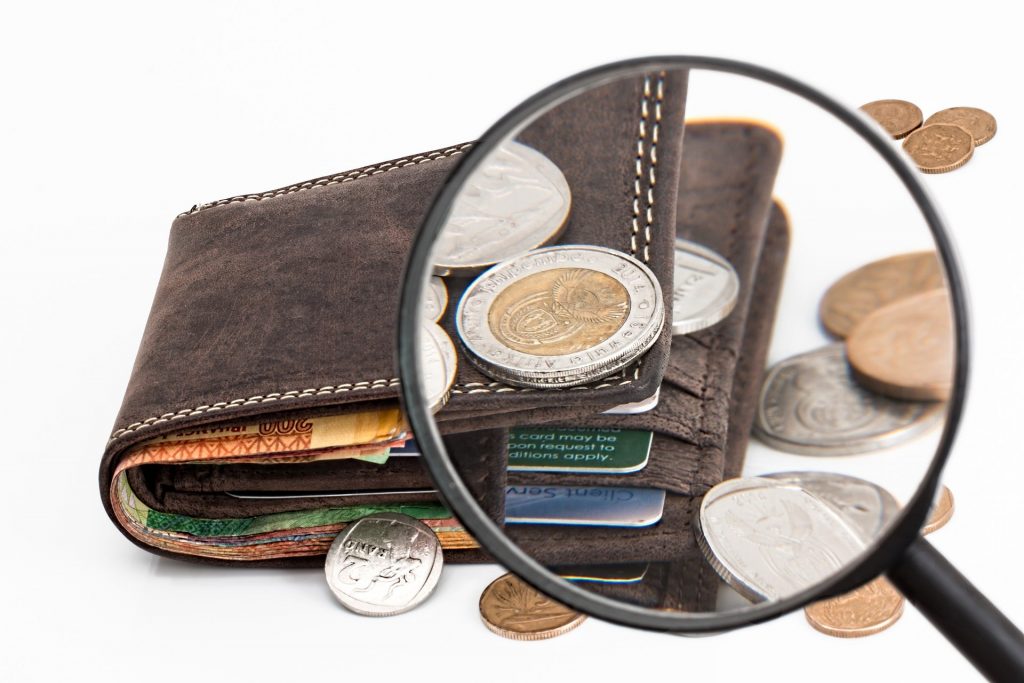
Photo by Steve Buissinne from Pixabay
3. Track Your Spending
After setting your goals, you should be able to track your progress continually. It would be difficult to follow through your financial goals if you do not track your spending habits. One way of living debt-free is staying on top of your budget.
It is essential to know and analyze where your hard-earned money goes so you can make the necessary adjustments or changes. Keep a record of all expenses, and the receipts for all your cash, debit, or credit card purchases. At the end of the month, take the time to review your spending patterns and allocations.
From there, you will be able to see quite clearly where the largest portion of your salary is going. If the majority of it is going towards frivolous expenses, you can quickly correct yourself in the coming months.
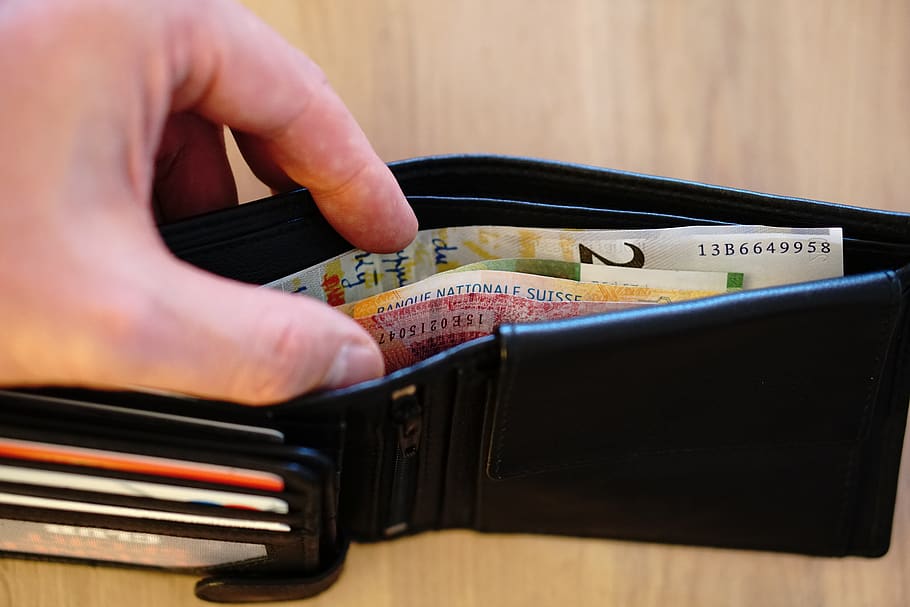
Photo from pxfuel.com
4. Implement The 50/20/30 Budget Rule
The 50/20/30 rule is simple and easy to follow a budget plan to help you achieve your financial goals. This rule states that you should spend up to 50% of your income on needs such as rent, bills, and utilities, food, health insurance, or car payment.
The 20% should go to your savings and emergency, and 30% can go to your spendings such as shopping, dining out, entertainment, or travel. The 50/20/30 budget rule is a good way to organize your budget and allocate your finances properly. Following and reviewing this rule regularly will help you become debt-free.

Photo by Steve Buissinne from Pixabay
5. Pay Off Any Remaining Debt
If you want to live debt-free, pay off any remaining debt first. Prioritize paying them one by one. Know which have the highest interest rates and the number of payments left.
Also, focus on paying off one debt ahead of schedule and continue to the next one. It is better to settle your debts first to make room for other important allocations in your budget.
6. Stay Away From Temptation
Another way to live debt-free is to stay away from temptation. It is very important to live within your means. Avoid spending money on things you cannot afford and do not need. The next time you want to buy something, ask yourself if it is worth it and if you actually need it.
Plan your shopping trips and have a list of only what you need to buy. This will minimize the risk of you going over your intended budget. As much as possible, avoid places that bombard people with their sales, special deals, or discounts. As tempting and appealing as they may be, it is better to shop smart than gather more expenses and debt.

Photo by gonghuimin468 from Pixabay
7. Be Mindful Of Your Expenditure
Debt-free people are mindful of their purchases. They know how to say no and stick to their various budgets. You can also avoid impulse purchases by taking small but meaningful actions such as refraining from going to malls, erasing stored credit card information and turning off ads and notifications from online shopping websites.
Mindfulness in spending helps you save money and keeps you from accumulating things you do not need. Aside from that, debt-free people can also find the most efficient way to spend their hard-earned money. For instance, this may mean staying and cooking at home instead of dining out.
8. Refrain From Buying Things On Credit
Don’t get caught up in the “buy now, pay later” lifestyle trend because you might run out of funds when you really need it. Having a credit card can come in handy especially during emergencies, but it is hard to get rid of bad credit card habits once you are unhinged. Do your future self a favour and refrain from swiping your plastic unless you are 100% sure you can pay for it when the bill comes due.
If what you are after is the convenience of going cash-free, get a debit card. It has all the perks of a credit card, except you are not spending money you do not have. This will increase the likelihood of you going debt-free.
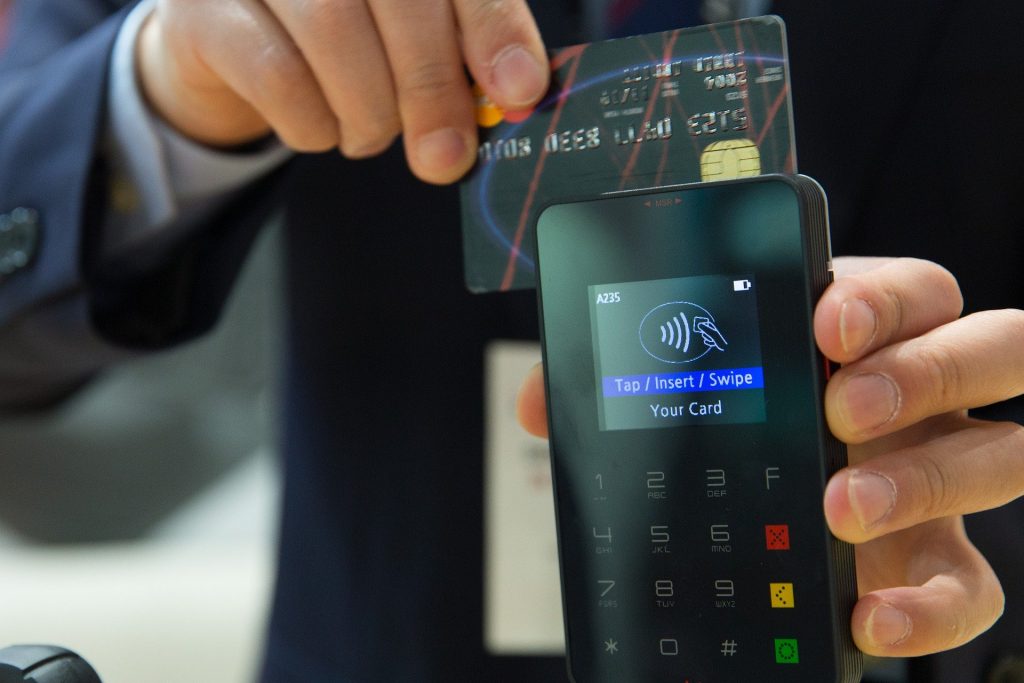
Photo by Ahmad Ardity from Pixabay
9. Find Ways To Earn Additional Income
Aside from your regular job, finding multiple sources of income is a good way to live debt-free. Making some extra money will help you save more and allocate your budget according to your priorities. You can also use it to pay off your debts so you would not have to get it from your primary income. There are lots of ways you can earn extra money.
You can get a second job and work part-time as a barista or babysitter. You can also sell some of your used stuff and have a yard sale. That way, you can make extra money while decluttering your space. Lastly, if you’re skilled in cooking or baking, you can make food to sell.
10. Keep Learning
Managing your finances is a continuous process. You should be able to keep learning as you go. Make a habit of reading helpful and relevant information and resources about finances to expand your knowledge on the topic.
It can also be beneficial to talk and interact with financially stable people to get their insights and tips. Find out what they are doing to keep themselves debt-free. You can also do your research when making big and important financial decisions.
Follow these ten ways and you are on your way to becoming debt-free.

